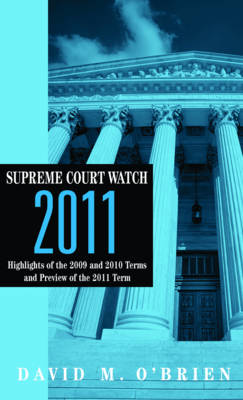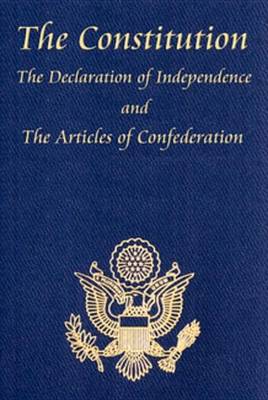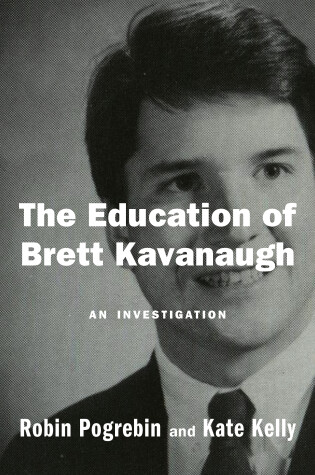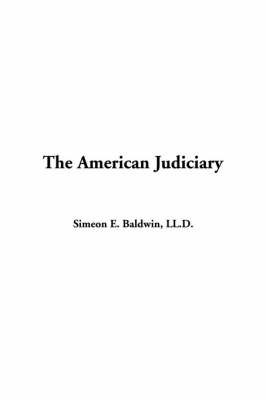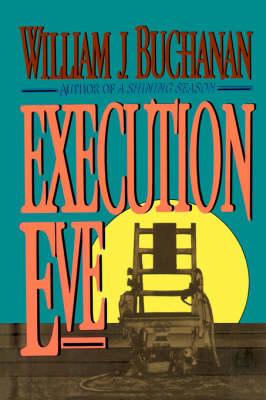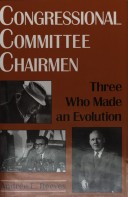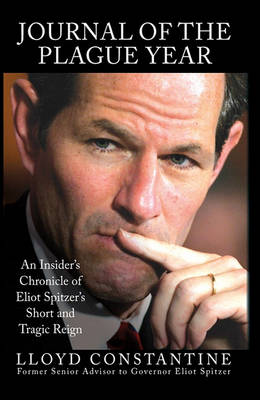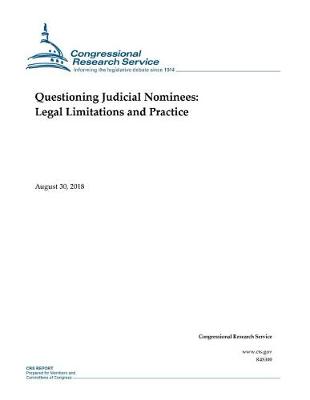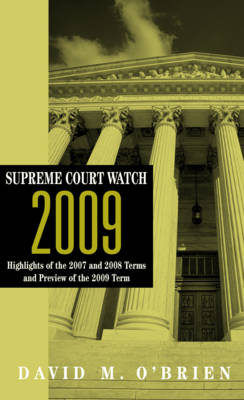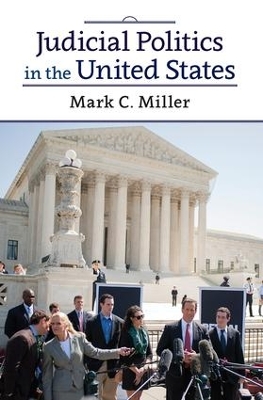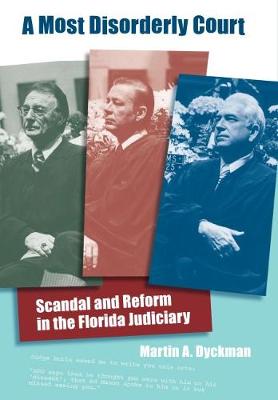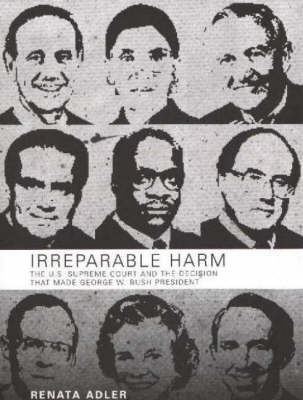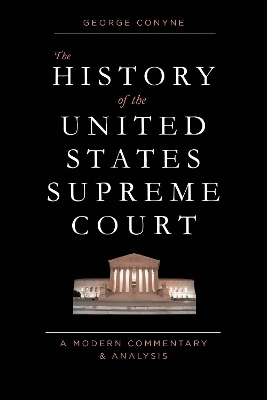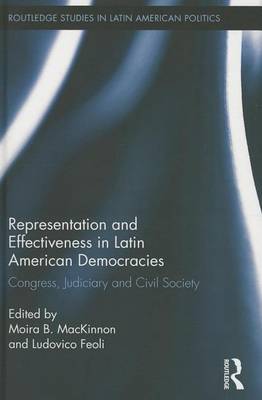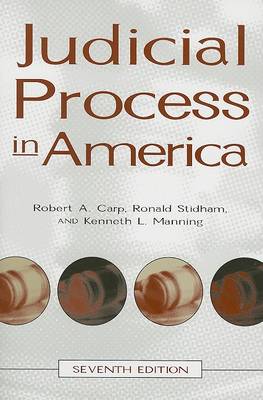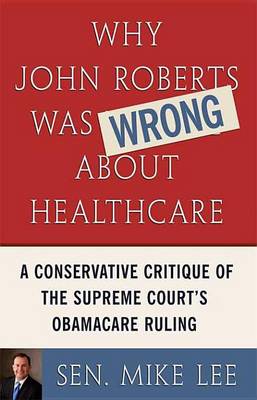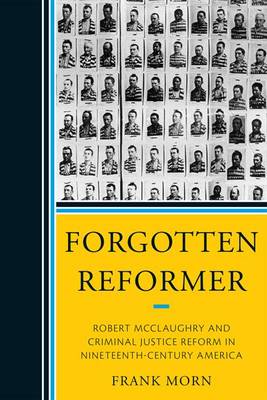Proportionality Principles in American Law
by E. Thomas Sullivan and Professor of Criminal Law Richard S Frase
The U.S. Constitution with the Declaration of Independence and the Articles of Confederation
by James Madison, Thomas Jefferson, and John Adams
"A remarkable work of slowed-down journalism...They are doing their jobs as journalists and writing the first draft of history." —Jill Filipovic, The Washington Post "...Generous but also damning." —Hanna Rosin, The New York Times From two New York Times reporters, a deeper look at the formative years of Supreme Court Justice Brett Kavanaugh and his confirmation. In September 2018, the F.B.I. was given only a week to investigate allegations of sexual misconduct against Brett Kavanaugh, Presi...
Decisions of the Judicial Council of the United Methodist Church 799-905
by The United Methodist
The Dual System of Privacy Rights in the United States (Law, Courts and Politics)
by Mary McThomas
Legislative Party Campaign Committees in the American States (Comparative legislative studies)
by Anthony Gierzynski
With the dramatic changes OPEC precipitated in the structure of world energy markets during the 1970s, energy became a central concern to policymakers throughout the industrialized West. This book ex-amines the responses of public officials in three leading European nations -- the Federal Republic of Germany, France, and the Netherlands -- to the energy crisis. As the study shows, the proposed energy programs in the three countries shared remarkable similarities; yet the policy outcomes were ver...
The March 10, 2008, disclosure that Governor Eliot Spitzer had patronized prostitutes from the Emperors Club VIP sex ring shocked New Yorkers and his admirers around the world, who had celebrated Spitzer as the "Sheriff of Wall Street" and a likely future U.S. president. Ironically, one man's disillusionment with Spitzer had begun to disappear fifteen hours earlier, when Spitzer confessed what the rest of the world would soon learn in a media storm of unprecedented intensity. For Lloyd Constant...
Judicial Politics in the United States examines the role of courts as policymaking institutions and their interactions with the other branches of government and other political actors in the U.S. political system. Not only does this book cover the nuts and bolts of the functions, structures and processes of our courts and legal system, it goes beyond other judicial process books by exploring how the courts interact with executives, legislatures, and state and federal bureaucracies. It also inclu...
In the 1970s, justices on the Florida Supreme Court were popularly elected. But a number of scandals threatened to topple the court until public outrage led to profound reforms and fundamental changes in the way justices were seated.One justice abruptly retired after being filmed on a high-roller junket to Las Vegas. Two others tried to fix cases in lower courts on behalf of campaign supporters. A fourth destroyed evidence by shredding his copy of a document into ""seventeen equal"" strips of pa...
This book provides a unique history of modern America told through the story of the U.S. Supreme Court. Recognizing the Court as both a legal and political institution, George Conyne introduces the reader to the principal methods of analysis of both political and legal history. The History of the United States Supreme Court sees the important events in the life of the Supreme Court interpreted in a way that demonstrates and explores its complex role in American life, including both the ways in w...
Judicial Process in America
by Robert A. Carp, Robert Stidham, and Kenneth L Manning
An original ebook from the current US senator to Utah, explaining why Chief Justice Roberts was wrong to disregard the Constitution in making his historic and controversial healthcare decision. During Chief Justice Roberts's first seven terms on the Supreme Court of the United States, he distinguished himself as a fair-minded jurist and a true constitutional scholar-a man seemingly committed to the rule of law and to core constitutional principles. That hard-earned distinction was turned on its...
Forgotten Reformer traces criminal justice practice and reform developments in late nineteenth-century America through the life and career of Robert McClaughry, a leading reformer. As a warden of one of America's toughest prisons, as a chief of police of Chicago, as a superintendent of two different reformatories, and as one of the first wardens of the federal prison system, McClaughry developed and led a reform movement that resonates today. As a founding member of the reformatory movement that...


